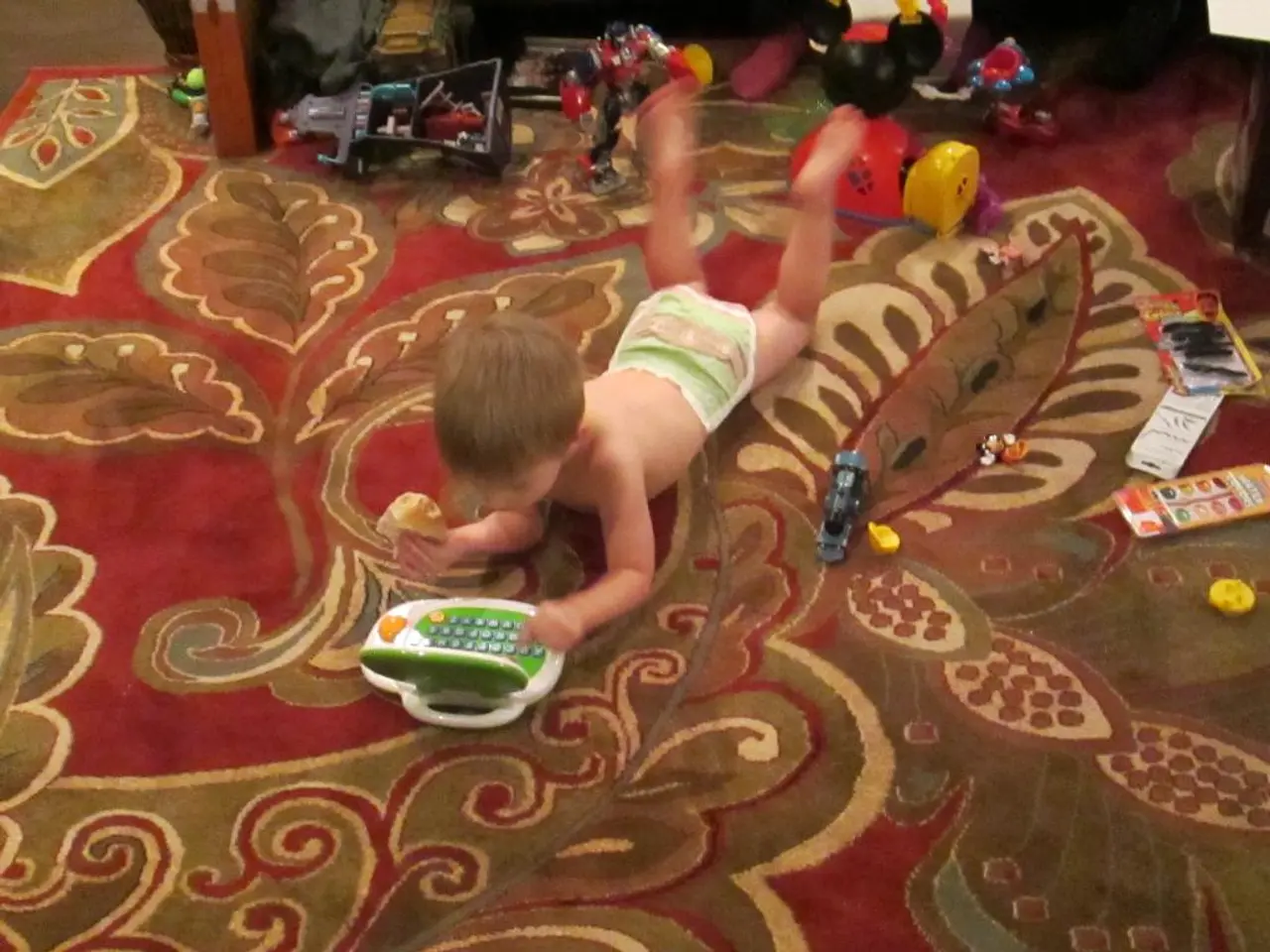Research Reveals: Children with Stronger Memory Capabilities Tend to Be More Deceptive
In a groundbreaking study conducted by researchers at the University of Sheffield, it has been discovered that a child's verbal memory skills significantly impact their ability to construct and maintain convincing lies.
The study, which focused on six- and seven-year-olds, revealed that successful lying requires substantial demands on verbal working memory systems. Effective lie-telling involves tasks such as remembering actual events, generating and maintaining a plausible fictional alternative, tracking which elements of their story they've told to which people, and updating their narrative when faced with skeptical questioning.
Children who excel at verbal processing, as found in the study, can switch between reality and fiction more smoothly, creating more convincing deceptions. This is particularly evident in those who plan to omit a transgression, as they carefully choose their language and rely on recalling specific details to be vague or precise as needed.
Honest children, on the other hand, typically do not change their behavior or descriptions based on the interviewer's language. In contrast, children lying must modulate their verbal output strategically, indicating a cognitive load involving memory and language. Deceptive statements often contain hedging language and memory lapses like "I don't remember" or "It's a bit fuzzy," which are strategies used to cover imperfect recall or avoid details.
The study authors noted that verbal working memory plays a role in processing and manipulating the multiple pieces of information involved in lie-telling, while visuo-spatial memory appears relatively unimportant for maintaining deceptive narratives. This finding suggests that the cognitive effort to lie involves conscious control over speech and behavior, including maintaining logical structure and consistency, both of which depend on good verbal memory.
From an evolutionary standpoint, the capacity for strategic deception likely provided significant survival advantages for our ancestors. Human deception represents the most cognitively advanced version of this evolutionary strategy, with our uniquely powerful verbal memory and language capabilities enabling deception of unprecedented complexity and abstraction.
The research offers valuable insights for parents and educators, suggesting they might better serve children by recognizing developmental appropriateness, focusing on motives rather than the lie itself, creating environments where truth-telling feels safe, acknowledging the cognitive achievement, and redirecting advanced cognitive skills towards more constructive uses.
By age seven, many children have developed deception techniques sophisticated enough to fool adults in controlled experimental conditions. This finding underscores the importance of understanding and addressing the role of verbal memory in deception skills, particularly as children continue to develop and mature.
References:
[1] Peterson, M., Lopez, J. M., & Ayduk, O. (2005). The psychology of self-deception: A meta-analytic review of the role of the self in the regulation of cognitive and motivational processes. Psychological Bulletin, 131(1), 78-106.
[2] Bond, J., & DePaulo, B. M. (1989). Verbal cues to deception. Journal of Personality and Social Psychology, 56(2), 297-307.
[4] Looi, C. K., & Bull, R. (2007). Lying about the past: The role of the self in remembering and forgetting. Journal of Personality and Social Psychology, 93(3), 471-487.
Read also:
- Governor Wes Moore affirms no deployment of the National Guard; White House and FOP issue their responses
- University of Minnesota announces Certification for their course, Introduction to Human Behavioral Genetics
- Deteriorating brutality in the restaurant industry persists
- Bolivia's upcoming election could mark the demise of its long-standing leftist regime. Here are key points to consider.




